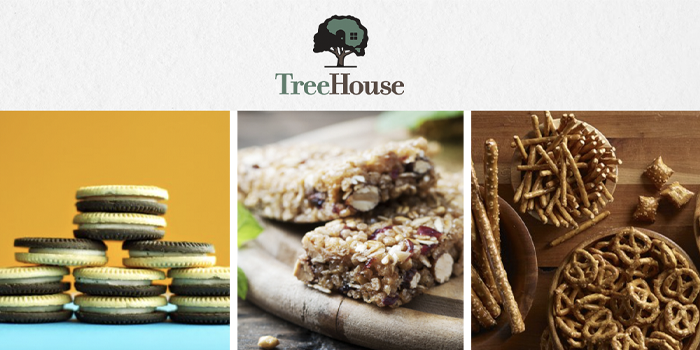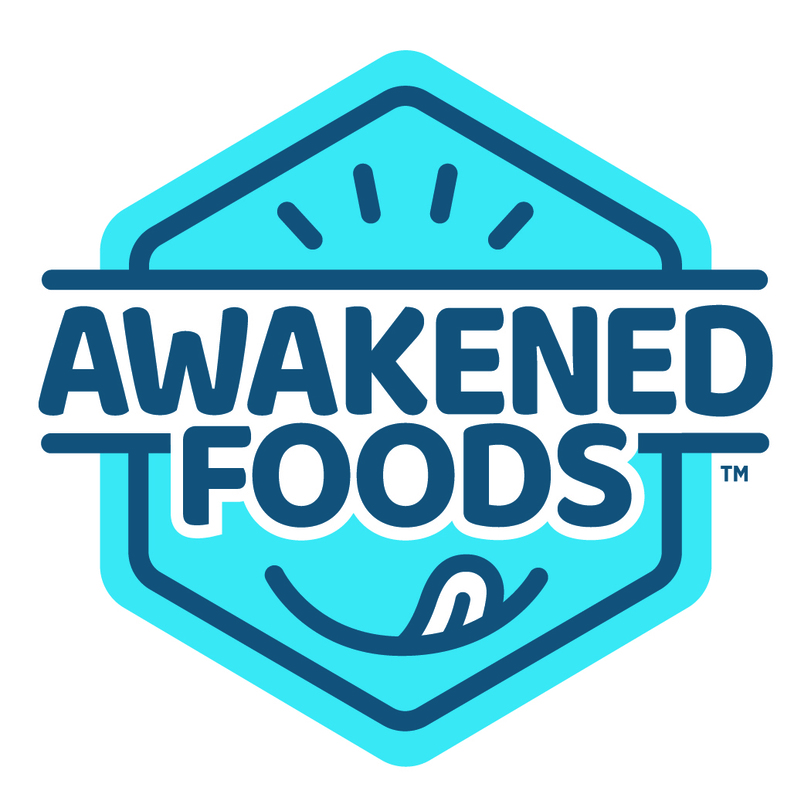TreeHouse: Price Increases, Recovery of Supply Chain Propel Q1 Sales Growth Past Analysts’ Expectations

Price increases and improvements in its supply chain helped TreeHouse Foods beat analysts’ expectations and drive net sales up 15.8% year-over-year in Q1 2023, the company announced in an earnings call this morning.
In the quarter, the private label food and beverage manufacturer saw net sales rise to $894.8 million as price hikes implemented to combat commodity and freight inflation helped boost gross profit as a percentage of net sales to 17%, a year-over-year increase of 4.2 points.
Revenue performance was largely fueled by the company’s ability to preemptively fulfill orders that were originally planned for shipment in Q2, according to CFO Patrick O’Donnell. He added that during Q2 the company plans to lap last year’s initial pricing actions taken to recover from inflation, saying TreeHouse has “done all the macro stuff we needed to do.”
“We are benefiting from the actions we took to focus [our] portfolio on faster growing, higher margin private label snacking and beverage categories,” said president and CEO Steve Oakland in a prepared statement. “We are pleased with our team’s efforts that helped drive revenue and profit above our guidance range for the quarter.
In October 2022, TreeHouse sold the majority of its meal preparation business to U.K.-based private equity firm Investindustrial for $950 million. The portfolio included many of the manufacturer’s brands in pasta, dressing, preserves, red sauces, syrup, dry blends and baking, dry dinners, pie filling and pita chips.
In the first quarter, TreeHouse reported a net loss income of $4 million from its discontinued operations compared to $10.8 million income in the first quarter of 2022. According to the company, the drop was primarily a result of the aforementioned divestiture.
The sale dramatically reduced TreeHouse’s portfolio and retail footprint. Before the deal, it was spread across 29 categories with 40 production plants manufacturing approximately 40,000 SKUs. Now, the company is in 18 categories with 26 plants producing 9,000 SKUs. Core categories of focus include single-serve beverages and crackers within private-label production.
“As I’ve said before, we’re at a pivot point in our journey. We generate healthy free cash flow allowing us to capture near and long-term opportunities to build capabilities, drive growth and deliver attractive financial returns,” Oakland told investors.
That discipline led the company to complete a $14 million acquisition to add seasoned pretzel capabilities to its portfolio in April. According to Oakland, the seasoned pretzel category is growing rapidly, at a rate of more than 15% last year, and is “underdeveloped” within private label. New seasoned pretzel flavors are slated to be unveiled at the company’s upcoming investor day in New York City.
Looking ahead, the company will continue shifting its focus toward the snack and beverage category. It reaffirmed its full year 2023 guidance of net sales growth of 6% to 8% year-over-year and adjusted EBITDA of $345 to $365 million.
“Our strategic ambition is profitably driven by leadership in consumer trending categories,” said Oakland during the call. We continue to see a macro environment that supports private label, which, coupled with our improved supply chain and our investments in our business, support our guidance and algorithm.”

















